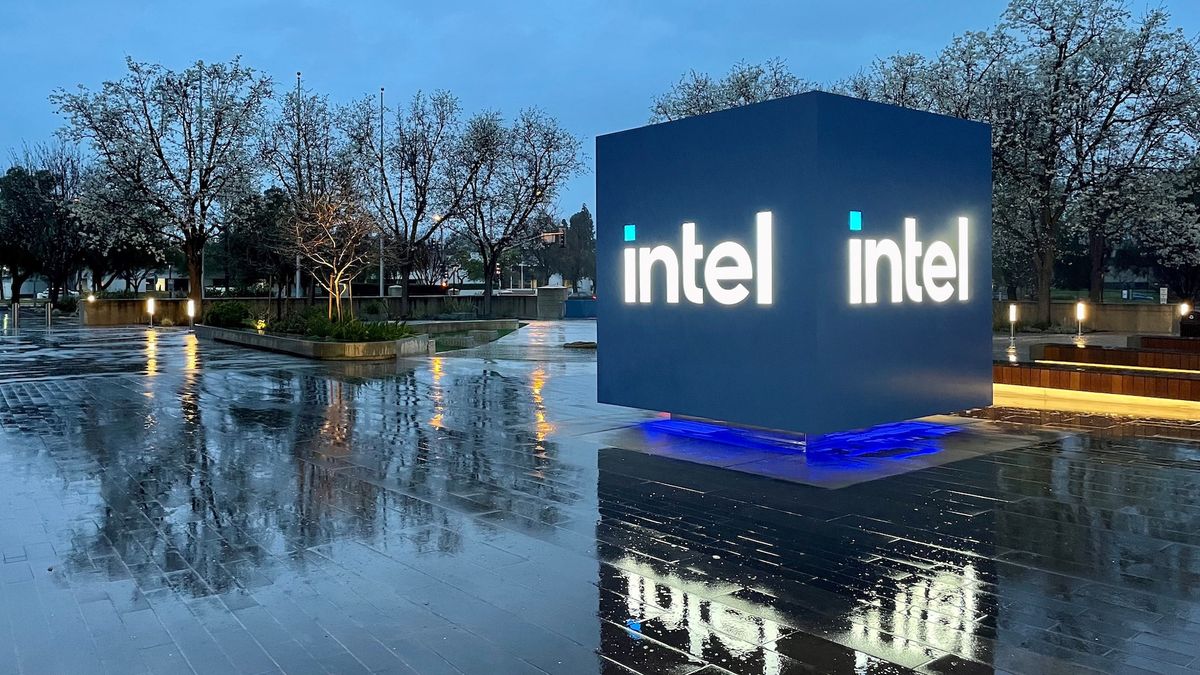AI Sidekicks for Hire: Meta's $55 Bounty to Craft Chatbot Personalities

Meta is ramping up its artificial intelligence capabilities by strategically expanding its workforce of AI chatbot contractors across emerging markets like India and Indonesia, even as the company faces increasing scrutiny over privacy and policy concerns.
The social media giant is quietly building out its AI talent pool in these regions, seeking skilled professionals who can help develop and refine conversational AI technologies. This move comes at a critical time when tech companies are racing to compete in the rapidly evolving landscape of generative AI and large language models.
By recruiting contractors in countries with robust tech talent pools, Meta aims to accelerate its AI development while potentially reducing operational costs. The expansion signals the company's commitment to staying competitive in an increasingly AI-driven digital ecosystem.
However, this strategic hiring comes amid growing global concerns about AI's ethical implications, data privacy, and potential societal impacts. Regulators and policymakers are increasingly examining how tech giants like Meta develop and deploy AI technologies, adding complexity to the company's ambitious AI expansion plans.
Meta's latest initiative underscores the intense global competition in artificial intelligence, where companies are continuously seeking innovative ways to enhance their technological capabilities and maintain a competitive edge in the rapidly changing digital landscape.








